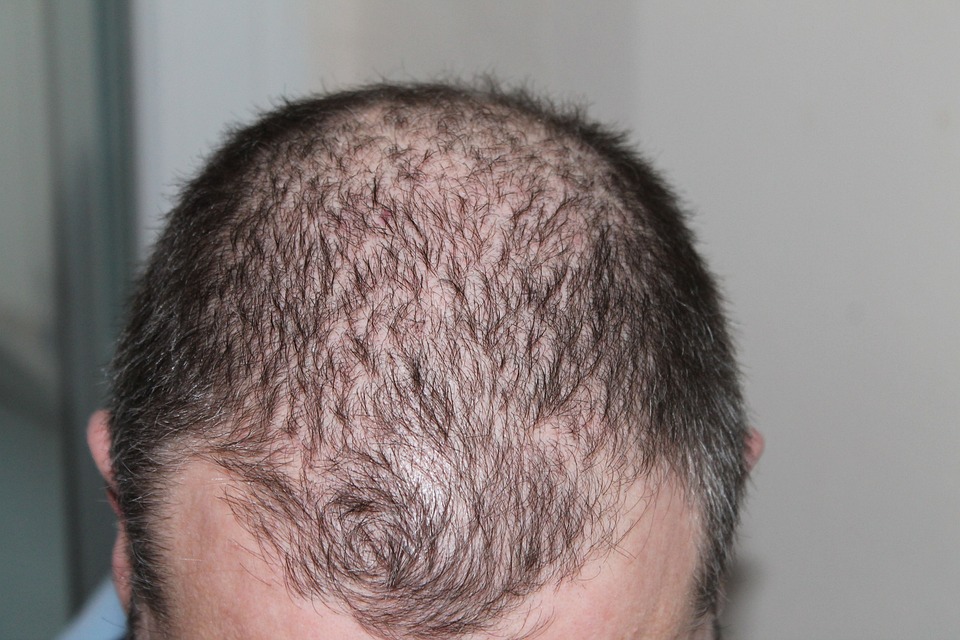Recent research shows that older people experience less daily stress. And they are better at coping with it.
For most of us, everyday life is stressful. We have to pay the bills, fulfil certain responsibilities at work or school, push ourselves to achieve our goals, etc.
For many people, the daily demands create the kind of stress that exhausts them. It is as if there is no light at the end of the tunnel. However, if you are dealing with a lot of stress in your life, there seems to be no need to worry, because a recent study claims that this will eventually improve.
[su_posts posts_per_page=”1″ tax_term=”22801″ offset=”1″ order=”desc” orderby=”id” post_status=”any” ignore_sticky_posts=”yes”]
Daily stress and health
It’s no secret that although stress can help you function, when it’s excessive it can negatively affect your health. The longer it lasts, the worse it is for both your mind and body.
According to the American Psychological Association (APA), prolonged activation of our stress response system can increase the risk of physical and mental health problems. These include anxiety, depression, digestive problems, muscle tension and pain, high blood pressure, sleep problems, weight gain, and impaired memory and concentration.
Therefore, stress on a daily basis is not a good friend if you want to enjoy your health. However, it’s not all bad news. In fact, in 2022, David Almeida (2022), a professor at Penn State University (USA), conducted a study on daily stress and our reactions to it.
Older people experience less daily stress
Almeida’s team used data from the National Study of Daily Experiences (NSDE). This is a national study that collects data on the daily lives of more than 3,000 adults over the age of 20. The aim of the study was to examine age-related patterns in terms of exposure to stressors and emotional reactivity.
The study sample was between the ages of 25 and 74. They were invited to participate in the Macarthur Foundation Study of Midlife in United States (MIDUS) project. It was led by the Institute on Aging at the University of Wisconsin-Madison.
Participants conducted telephone interviews for eight consecutive days to assess their daily stress levels. These assessments were repeated at approximately nine-year intervals and provided longitudinal data over 20 years.

Older people experience less daily stress
The results of Almeida’s study showed that older adults experienced less daily stress. In fact, the number of daily stressors and their emotional reactivity decreased.
The data suggested that 25-year-olds reported stressful days almost 50 per cent of the time. On the other hand, adults aged 70 and older reported stressful days only 30 per cent of the time.
Thus, stress triggers appear to decline with age. What’s more, the study found that in addition to a reduction in the number of daily stressors, people become less emotionally responsive to daily stressors as they age, when they occur.
[su_quote]”A 25-year-old is much crankier on days when he or she experiences stressors, but as we get older, we really understand how to reduce those exposures,” Almeida said in a Penn State news release.[/su_quote]
Daily stress tends to decrease until the mid-50s, when people are less affected by stress. Interestingly, Almeida argues that advancing age (late 60s and early 70s) can actually bring more challenges and a slight increase in daily stress.
We all age in our own way. How we do so depends not only on the challenges and stressors we face, but also on how we react to and manage these situations.
[su_quote]”With this new research, it is encouraging to see that as we get older, we start to cope better with these stressors. On average, the experience of daily stress will not get worse, but rather better,” Almeida said.[/su_quote]
Post-pandemic findings
Almeida’s team is now waiting for the next data collection for MIDUS. It will be the first since the COVID-19 pandemic began. This new data will help assess the impact of the pandemic on daily responses to stress. In addition, it will allow further studies to be conducted on how people grow and change during adulthood.
[su_quote]”Aging from 35 to 65 is very different from aging from 65 to 95,” Almeida said. “We’ve already started to see that in the data, but this next round of data collection and analysis will give us an even better understanding of what that looks like.”[/su_quote]
Thanks to this study, we now know that older adults experience less daily stress. Therefore, you can be sure that time will work in your favour. However, this does not mean that you should just wait for time to pass. In fact, you can start now by better coping and facing the stressful situations you face on a daily basis.





